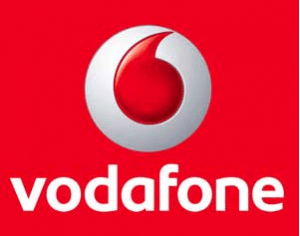Vodafone India is looking for more favourable licence extension policy from DoT and questions rejection of its licence extension. Vodafone India (the-then Hutch) got licences in Delhi, Mumbai and Kolkata in 1994, and those licences are going to expire by 2014.
 DoT wants the company to take part in the auction to win the spectrum in those circles. However Vodafone applied for license renewal to DoT and DoT rejected their application. Vodafone is saying that DoT can not reject its application as it goes against the public interest. As Dot wants the company should participate in the next spectrum auction to continue operations interrupted.
DoT wants the company to take part in the auction to win the spectrum in those circles. However Vodafone applied for license renewal to DoT and DoT rejected their application. Vodafone is saying that DoT can not reject its application as it goes against the public interest. As Dot wants the company should participate in the next spectrum auction to continue operations interrupted.
Vodafone sent a letter to DoT again, which says DoT’s rejection suffers from several fundamental flaws, contradictions, jurisdictional error, and completely misrepresents its, and renders the said rejection legally unsustainable.
The key pointers of the letter sent by Vodafone India Ltd:
- DoT has completely mis-represented VIL's position
- Vodafone India never asked extension for free.
- Vodafone India repeatedly asked DoT to propose terms and fair price.
- DoT seriously misinterprets NTP 2012, which as per announced policy is supposed to be only for future licenses
- NTP 2012 and Spectrum delinking are only for future licenses or after proper migration.
- DoT wrongly states that VIL seeking same terms and conditions.
- Vodafone India is repeatedly asking for negotiations in good faith and awaiting offer of new terms and conditions.
- DoT has not acted in public interest and will dis-enfranchise over half the market.
- DoT's rejection follows no meaningful discussion and displays predetermined mind.
Our Take:
As auction is opted as the way to sell or allocate airwaves since 2010, Vodafone should take part in the auction following the expiry of their licences in these three circles. The pricing of the spectrum is still high, and we want that DoT should take care of this thing properly as it directly causes tariff hike. Vodafone or other incumbent players are having good network that's not because they are present in the market for long time, rather because of the fact that they own enough amount of spectrum on 900MHz band. The auction of 900MHz band will give level-playing field for new operators those have only 1800MHz band.















